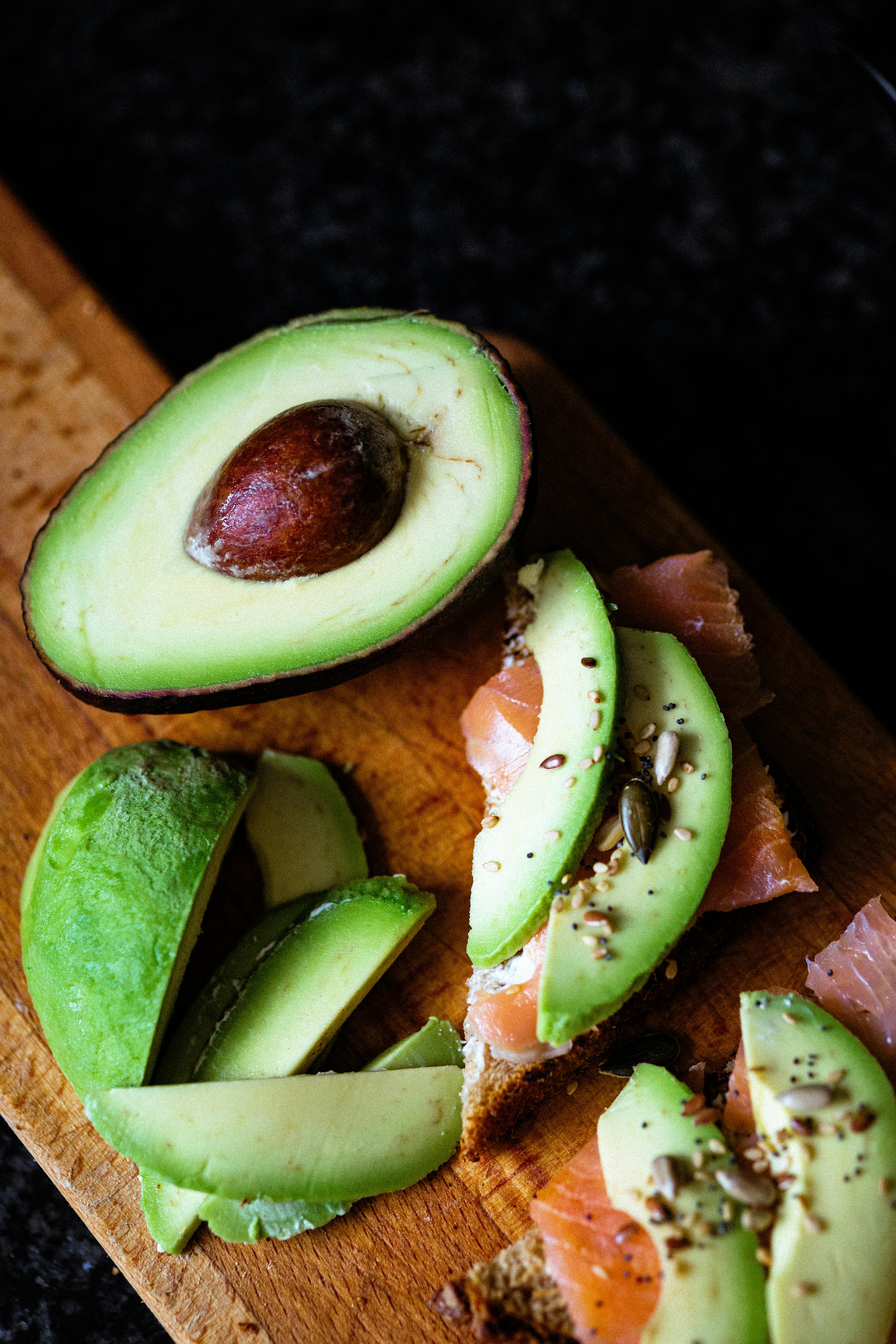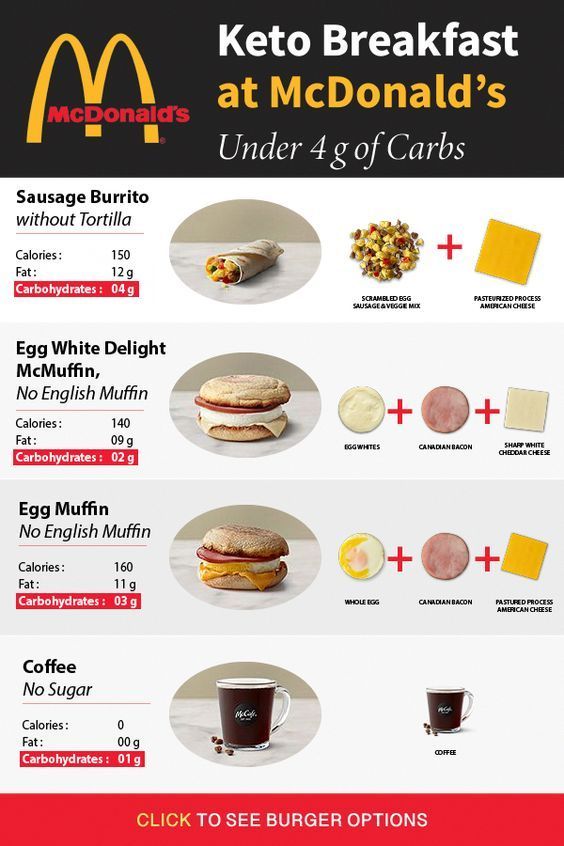Carnivore Diet vs Keto: Optimize Your Health Choices!
Understanding the Carnivore Diet
The carnivore diet centers around the consumption of animal products while eliminating plant-based foods. This meat-based diet aims to provide a high intake of nutrients from sources like beef, pork, chicken, and fish. One key advantage is its simplicity, as meal planning can be straightforward with minimal ingredients. The health benefits often highlighted in discussions about this diet include reduced inflammation and improved gut health. Research is beginning to demonstrate that this dietary lifestyle can lead to significant benefits for weight loss and muscle building over time.
Health Benefits of a Meat-Based Diet
The carnivore diet is typically praised for its potential to enhance health metrics, especially in individuals aiming for weight control or muscle gain. A downside to conventional diets is the emphasis on carbohydrates, which can lead to fluctuating glucose levels. The carnivore diet offers a way to stabilize blood sugar levels through its restriction of carbohydrates. Moreover, by consuming animal products, followers of this diet often achieve higher protein intake, which can promote satiety levels, aiding in weight management and overall dietary satisfaction.
Challenges of Adopting a Carnivore Lifestyle
While the carnivore diet offers substantial benefits, there are also challenges. One of the most significant issues arises from the lack of dietary fiber, which can lead to digestive problems for some individuals. Adjusting to a regime primarily based on meats can be tough; cravings for sweets and carbs may arise, necessitating strong cravings management strategies. As with any restrictive diet, considerations surrounding muscle loss, cholesterol levels, and overall nutrient diversity must be addressed to ensure that followers remain healthy over the long term.
Diving Into the Keto Diet
The keto diet is primarily characterized by a high-fat, low-carb approach aimed at achieving a state of nutritional ketosis. By significantly reducing carbohydrate intake, the body is forced to utilize fat as its primary source of energy, which can help with blood sugar control and promote fat burning. This diet hinges on delicious ketogenic meals enriched with avocados, nuts, cheese, and healthy oils, allowing for a greater variety of flavors compared to more restrictive diets.
Comparing Keto and Traditional Low-Carb Diets
When examining the keto diet versus traditional low-carb diets, one of the significant differences lies in fat adaptation. Standard low-carb diets may not reduce carbohydrate intake to the extent necessary to achieve ketosis, while keto requires strictly limiting carbs. This metabolic switch can lead to efficient energy use and could potentially aid in weight loss strategies. For individuals interested in high protein options, keto accommodates adequate protein intake while still allowing enough fats to maintain energy levels and manage cravings effectively.
Meal Preparation on a Keto Diet
Meal preparation is crucial for success within the keto lifestyle. Effective meal planning can help followers avoid high-carb traps. Simple strategies include batch cooking keto-friendly recipes and keeping flavorful, healthy snacks on hand. Healthy fats such as coconut oil, olive oil, and butter can be used to enhance flavors while assisting in maintaining macronutrient balance. Preparing meals in advance not only saves time but also provides the structure needed to following the desired eating plan effectively.
Diet Comparison: Carnivore vs. Keto
When comparing the carnivore and keto diets, it is essential to recognize their distinct focuses. The carnivore diet stands firmly on the principle of eating only animal products, making it simpler yet more restrictive. In contrast, the keto diet includes a broader array of food sources, providing flexibility and potential for dietary creativity. Both diets have been shown to decrease inflammation and assist with weight management, making them viable options for many individuals. However, long-term sustainability might favor the more diverse options presented in a well-structured keto plan.
Deciding Between Dietary Preferences
Choosing between a carnivore diet and keto diet boils down to individual goals, preferences, and potential health ramifications. For those drawn to simplicity with a strong focus on animal products, the carnivore diet may fit well. However, if you prefer more variety—including vegetables—while still directing your carbohydrate intake, the keto diet could be more beneficial. It’s crucial to consider your unique nutritional needs and health objectives when making this decision.
Evaluating Long-Term Health Outcomes
Long-term outcomes of both diets are still a subject of ongoing research. Some studies suggest that the carnivore diet could lead to a decreased risk of chronic diseases like heart disease due to lower inflammation levels, while others highlight potential issues such as cholesterol levels that could arise without care. The keto approach has demonstrated concrete benefits like improved *gut health* and stable energy levels but requires careful attention to macronutrient ratios and potential deficits in vitamin and nutrient intake from insufficient food diversity.
Key Takeaways
- Both the carnivore and keto diets serve as effective paths towards weight loss and improved health metrics.
- Understanding how your body responds to each dietary choice can significantly inform your nutritional decisions.
- Meal planning and preparation strategies are crucial components that enhance adherence and satisfaction in both diets.
- Long-term health implications should guide your approach towards either diet, ensuring balanced nutrient intake.
FAQ
1. What are the primary food sources in the carnivore diet?
The carnivore diet primarily emphasizes animal products, including beef, pork, poultry, fish, eggs, and sometimes dairy. This allows a focus on high protein and essential micronutrients present in these foods while eliminating plant-based sources entirely, which can minimize dietary fiber but offer concentrated sources of nutrients.
2. Can I achieve weight loss on either diet?
Yes, both the carnivore and keto diets have proven effective for weight loss. Following these diets creates specific metabolic states conducive to fat burning. Depending on individual characteristics and weight management strategies, both can yield positive results in weight loss and different health metrics.
3. How do these diets impact heart health?
Both diets can influence heart health positively or negatively based on composition. While the carnivore diet may increase cholesterol levels, the keto diet emphasizes healthy fats, potentially improving lipid profiles when followed correctly. It's advisable to monitor these metrics and consult healthcare professionals when embarking on these diets.
4. Are there notable challenges to sticking with these diets?
Both diets come with specific challenges such as cravings management and potential deficiencies over the long term. The restrictive nature of the carnivore diet can make social eating difficult, while the keto diet may lead to feelings of deprivation from missing out on various foods. Adapting successfully requires understanding dietary habits and possibly seeking support.
5. What's the best approach for meal preparation on these diets?
The best approach includes strategic meal planning, incorporating versatile recipes, and preparing meals in advance to minimize temptation. Learning about meal substitutes and maintaining a diverse protein intake can also help in enjoying varied flavors and nutrients while avoiding boredom in meal choices.


